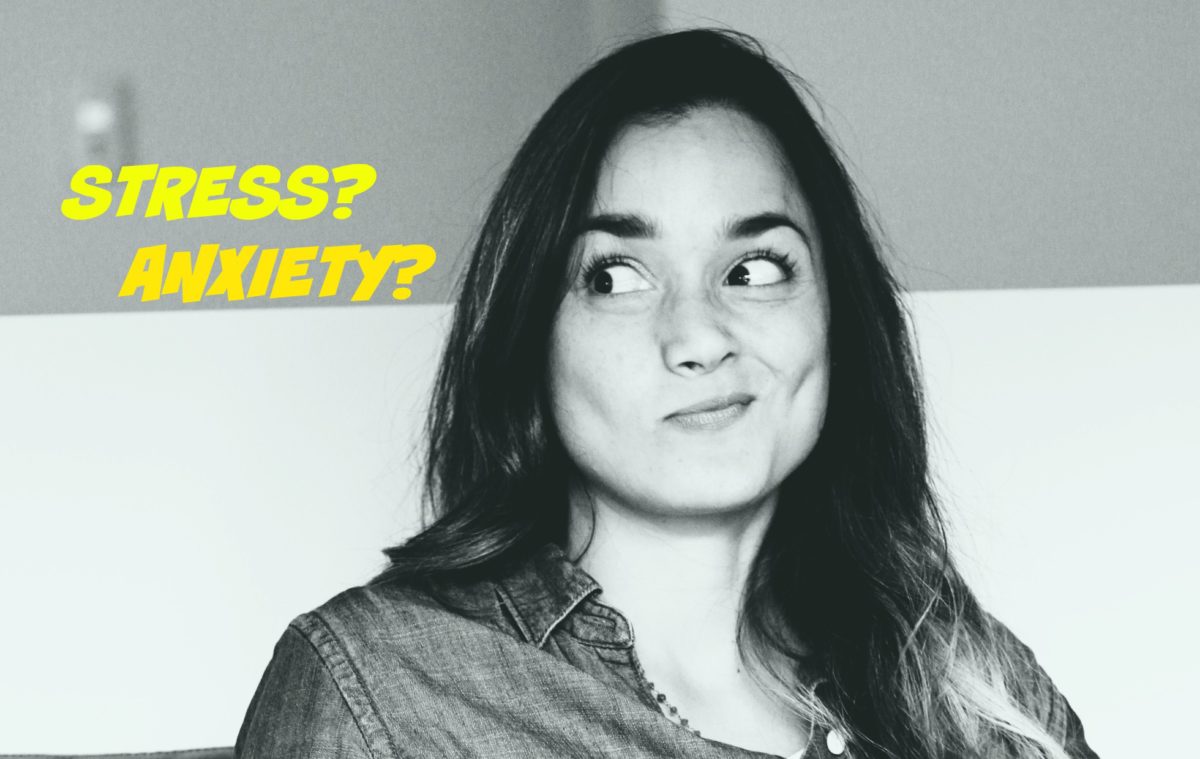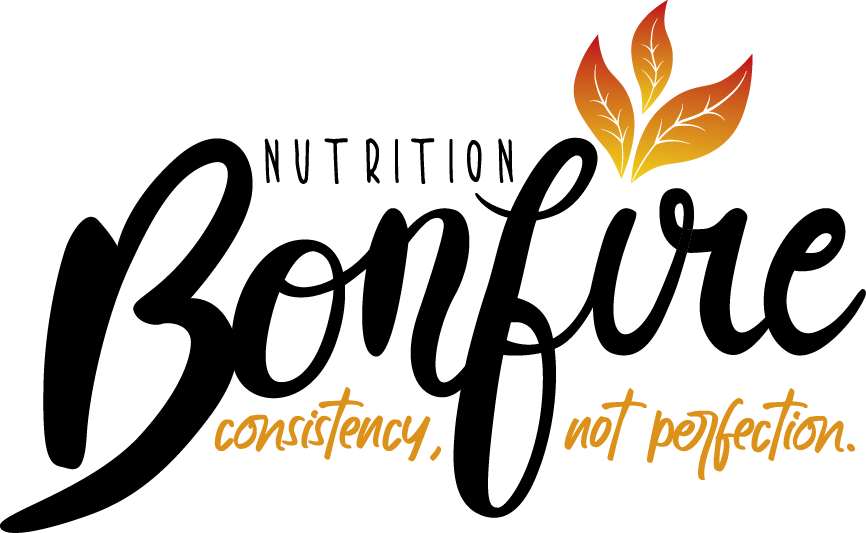Mind over fear

Due to the nature of my job I speak with a large number of people about their health on a regular basis. The top three topics I am asked about are: digestive issues, sleep aids and anxiety. Are we a sleep deprived, anxious and sick to the stomach society? I hope not.
Article first published for Wildfire Women MAGAZINE.
The reality of the issue though is that a lot of people suffer from these conditions and they are seeking natural help. Are there natural solutions to overcome stress and anxiety? From a nutritional standpoint it makes sense to aid with digestive issues, but what about sleeping and anxiety? I think nutrition has a way to help on these matters as well. As a Nutritionist my main focal points are always first food, second lifestyle and third supplements.
When it comes to anxiety how can nutrition be helpful? Anxiety is becoming more and more common among all of us. Chances are that you have felt it or a close friend of yours has. I have felt it and it is not a fun state to deal with. When searching for causes of this mental condition it seems that there is not just one real cause, but rather several causes. These causes can be biological or environmental: in my particular case I hear about anxiety caused by environmental causes the most.
Whether or not anxiety is caused by genetics or our life stressors, I believe there are nutritional measurements that can be helpful with this condition in general. There is more information regarding how our gut health can have an impact on our mental health, and how we can optimize our microbiome in order to impact our behaviour in the best way possible. The body is not just the sum of its parts: it is a whole that is intrinsically connected.
Most of the people I talk to regarding their anxiety accept that their diets could be improved, so why not start from here? Alcohol, sugar and coffee should all be avoided when anxiety is creeping in. All of these substances enhance hyperactivity, which we should be trying to avoid.
Secondly, lifestyle. When I asked about their exercise routine or if they exercise at all, most of them answer “no, there is no time for that.” However, it is important to understand that when we are in an anxious mode our body is detecting some sort of danger that is simply not there. Our fight or flight response kicks in triggering several physiological chain reactions that take place in order to cope with this non-existent danger.
One of these chain reactions is loss of appetite as all of our blood supply goes into our limbs, heart and brain in order to properly react to this danger. When we don’t feel like eating due to anxiety we are depriving the body of very precious and necessary foods. The key is to feed the body with the right foods.
Nourishing meals don’t have to be complicated. Some of the best foods to eat when feeling anxious are vegetable creams made with homemade vegetable or bone broths. These vegetable creams are very easy to digest, which is great, especially because the stomach is not feeling up to that task, so you are helping it tremendously by doing this.
Another important nutritional aid when it comes to anxiety is to try to keep your blood sugar stable. We all have given into sugar cravings and know that once we go without sugar for a long period of time we tend to be more irritable, a mood that should be avoided when feeling anxious.
One way to help your body crave less sugar is to start your day with a well-balanced breakfast. Most important is to have some protein as well as some healthy fats. This translates into something easy like eggs and avocado, or avocado on toast with cheese, or a frittata with cheese and mushrooms….or a smoothie bowl with hemp seeds. If you feel sugar cravings during the day try dates and fruit preferably accompanied by some nuts to aid in the slow release of sugar in the body.
Remember the “I am too busy for exercising” answer I got from most people when I inquired about their routine? Well, exercising is huge when it comes to anxiety and stress. Regular exercise has a positive impact on our mood. We all know about the positive effect of endorphins, but exercising also helps with the release of dopamine and serotonin, both being antianxiety chemicals produced by our amazing bodies.
Exercising can also help us manage our cortisol levels, the hormone released by our adrenal glands when the body undergoes stress and which plays a key role in our metabolism and energy production, among other critical functions. Prefer exercises that will engage your body in a conscious way. The key point is to focus on your body and let your mind take a rest.
Breathing techniques are another great way to help your body cope with a particularly intense or anxious situation. So take a deep breath and let it out slowly: breathe in and breathe out. There are several techniques that you can emulate; most of them are for a minimum of two minutes, which seems very doable.
Finally, know that you are not the only person dealing with anxiety in their life, I too have dealt with this condition, and it is very important to recognize you can do something to feel better. Above all, you are a precious being, and you are perfect exactly the way you are.
